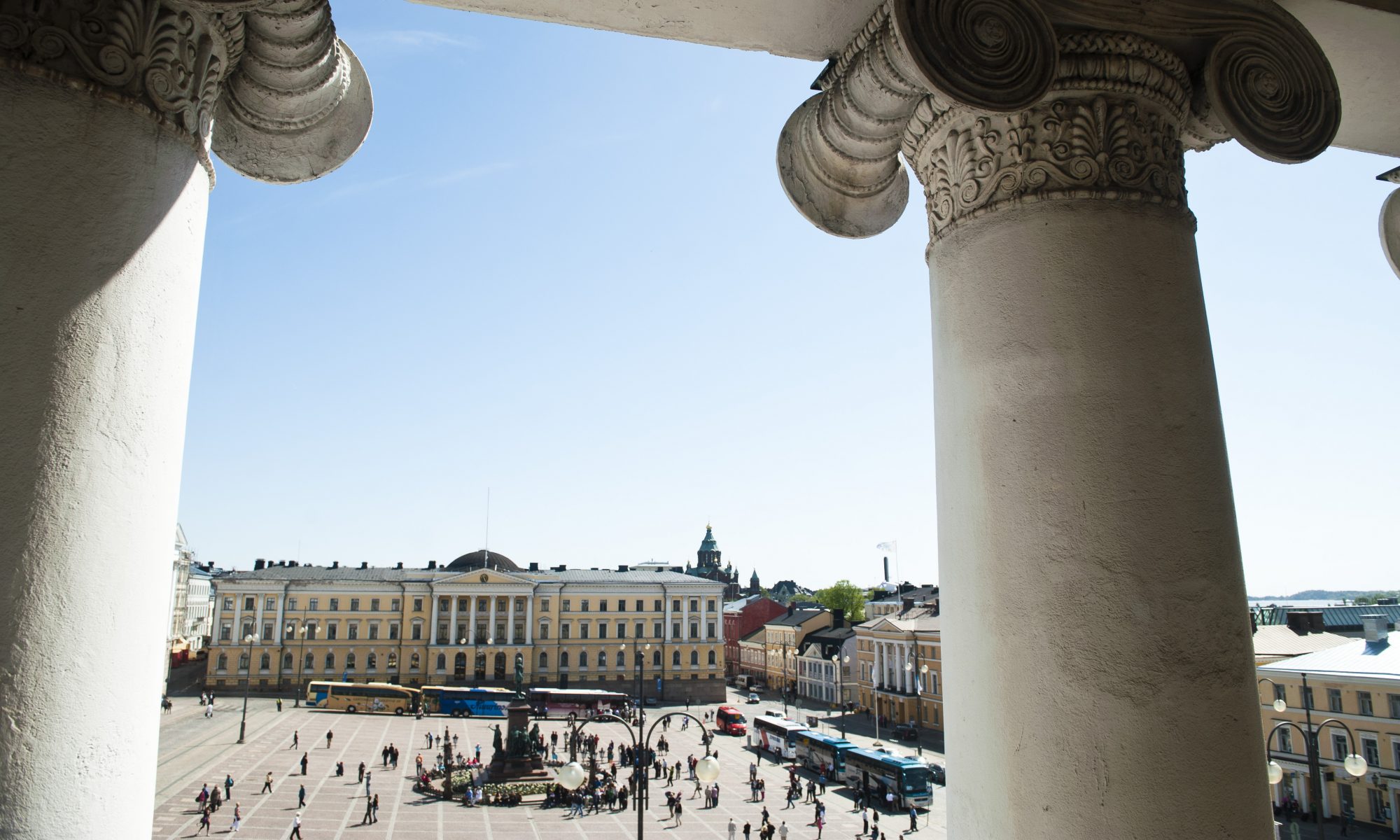”There is no reason why the combination of online archives and overlay journals cannot be extended to all disciplines, saving billions of euros a year. This would free up vast resources for research that are currently wasted on commercial publishers’ profits”, writes cosmologist Syksy Räsänen in his article. The path to a more sustainable publishing culture goes through awareness of the current situation and practical solutions. According to Räsänen, non-profit diamond open access publishing – open access with no APCs (article processing charges) – represents a return to the roots of the open access movement.
Jatka lukemista ”Overlay journals and online archives: the future of scientific publishing”
